The GHI Fund proudly support soldiers, lone soldiers, and active reservists in funding trauma therapy via private practice multilingual therapists to provide imminent specialized care. Soldiers can select their own therapist through our database of participating therapists.

To Be Mindful Or Not To Be
By: Chava LedererSo, I encourage mindfulness. I invite my clients to be mindful: to attend, without judgment, to the present moment. I invite them to notice themselves, and use that awareness to inform their next move.
Read More.png)
Understanding Relational Therapy and Why It Matters in Eating Disorder Treatment
By: Hadassah (Johanna) HazanThis piece traces the evolution of relational therapy and shows why its emphasis on attunement, authenticity, and connection is especially effective in treating eating disorders. It reveals how the therapeutic relationship itself becomes a corrective emotional experience, allowing clients to access and heal the deeper wounds beneath disordered eating.
Read More.png)
Unmasking Manipulation: Understanding DARVO and Reclaiming Your Reality
By: Yisroel PickerMany of us encounter manipulation, but understanding its forms is key to navigating relationships healthily. This post delves into various manipulative tactics, with a special focus on the insidious DARVO strategy. Discover how recognizing these behaviors empowers you and learn about the path toward healing from their impact.
Read More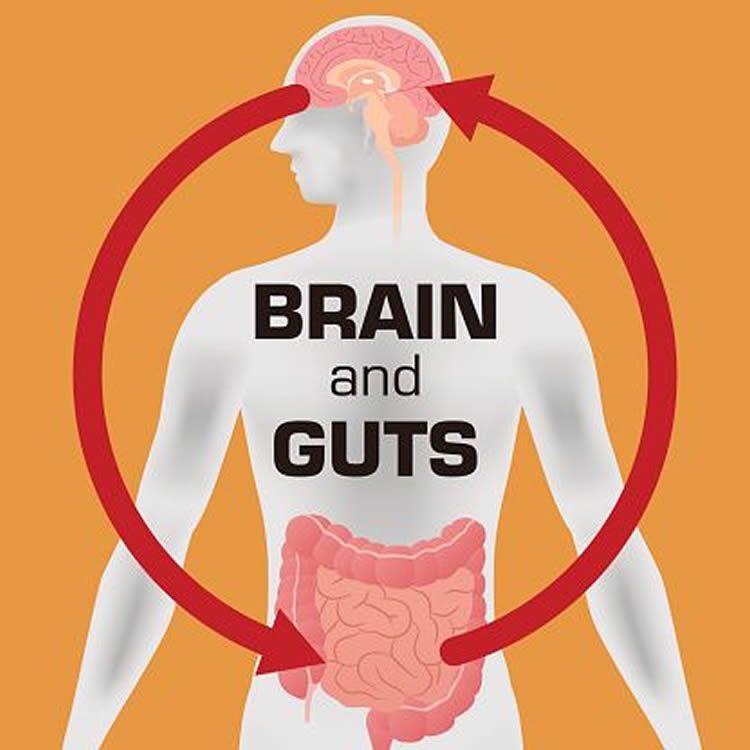
Of Guts and Brain: The Gut-Brain Axis
By: Ruth ShidloIf you are willing to make a few changes, “disease goes away as a side effect of health.” (Hyman, 2012, p. 29)
Read More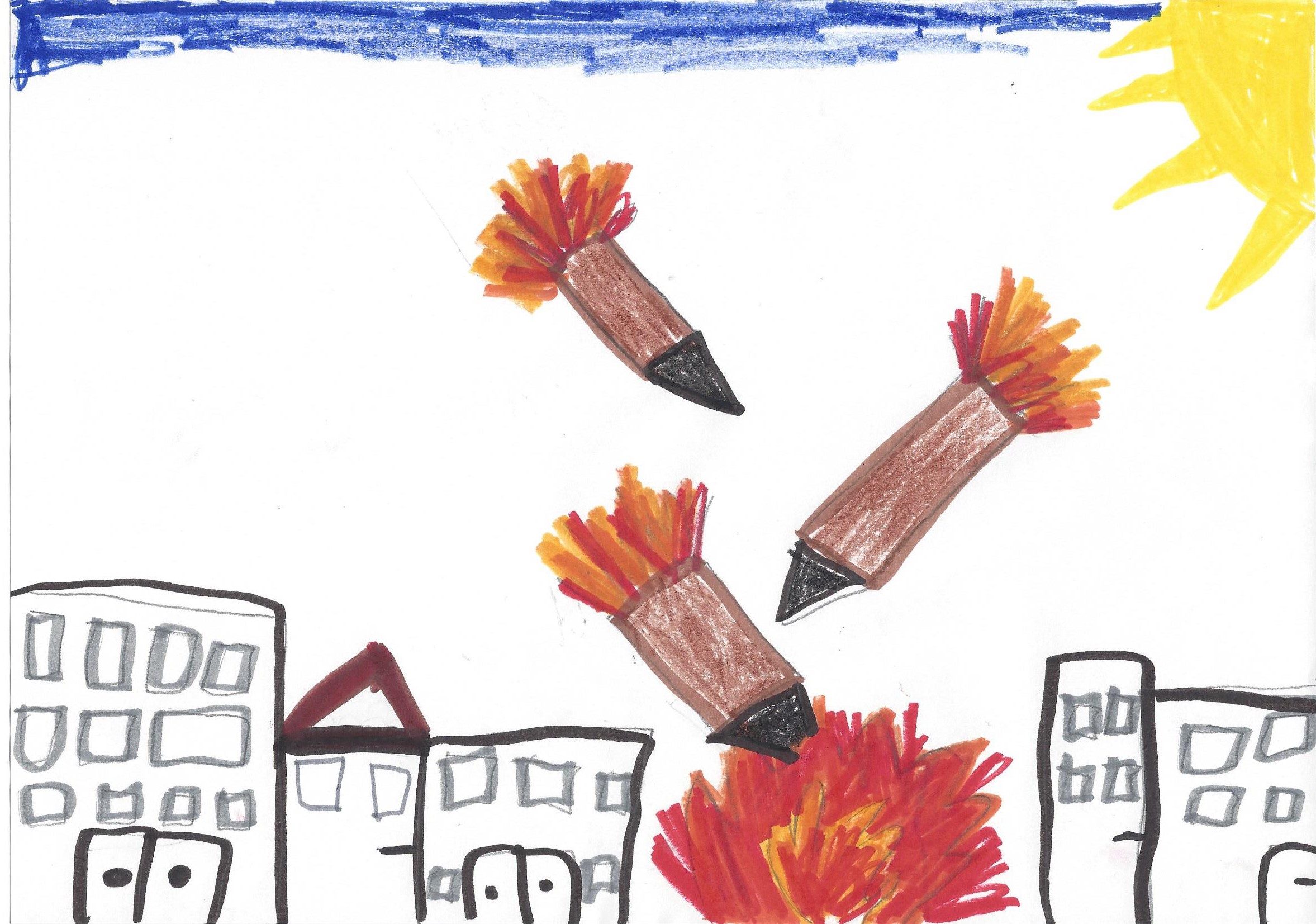
How to Emotionally Support Children During Challenging Times – Speaking to your children about recent rocket attacks in Israel
By: Sara FeinbergFollowing the recent rocket attacks, many parents have asked me how best to respond to their children and help them manage their concerns and fears. Just as we have all heard the booms and seen the news reports, our children too are well aware of what is happening. As parents it is our job to support them through these difficult times. Here are some recommendations that can help.
Read More.png)
Mindfulness in Therapy: More Than Just Breathing
By: Liron Kranzler
How mindfulness-based practices help you navigate overwhelm and pain, and come home to yourself.
Read More
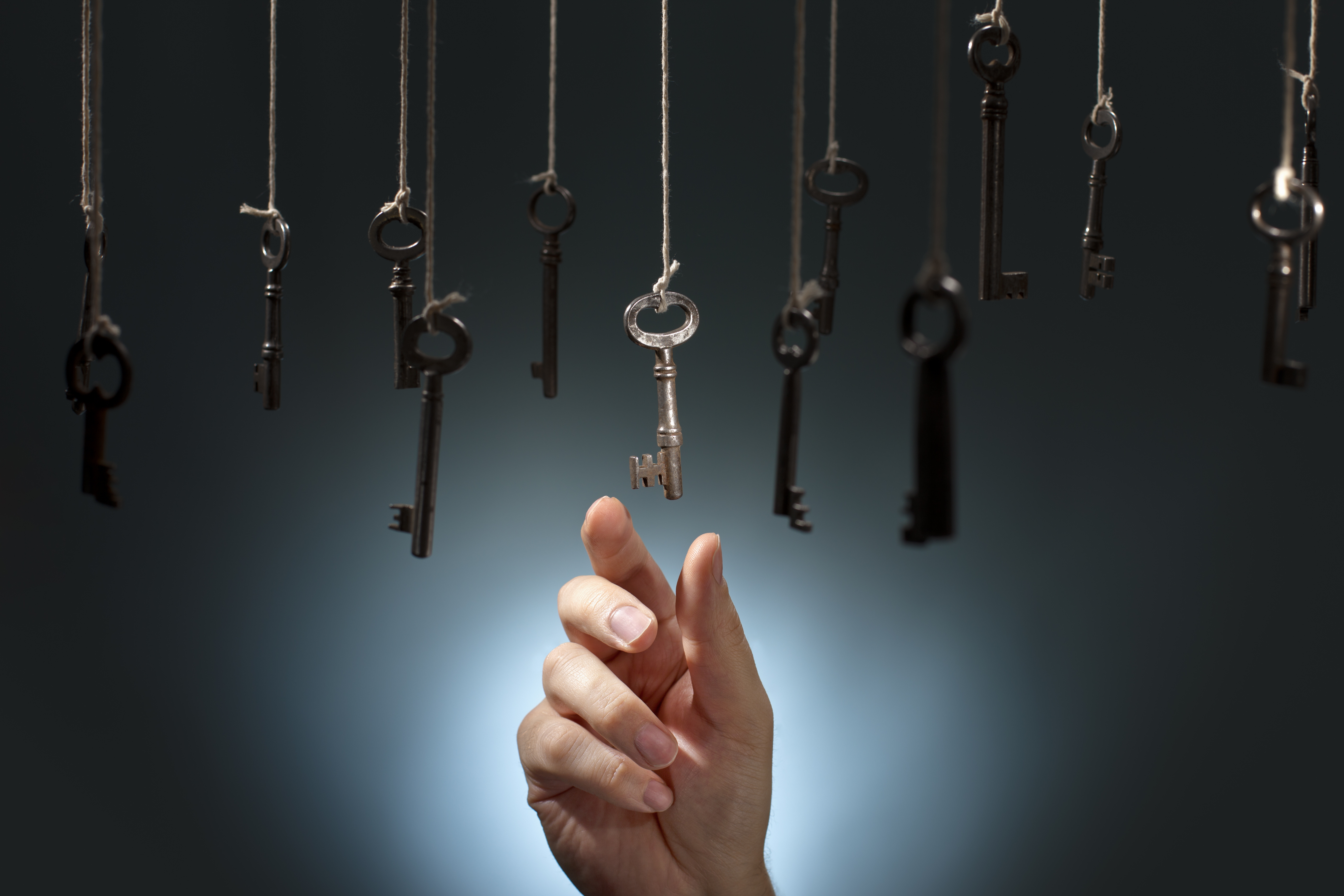
How to Choose the Right Therapist
By: Tanya ProchkoChoosing the right therapist may feel overwhelming. Here are some tips to help guide you.
Read More.png)
Life Skills Taught By Horses
By: Esther Adams AharonyIn this insightful blog, we explore the transformative role of equine therapy in children's lives. Horses, far more than majestic creatures, are exceptional teachers, imparting essential life skills to young learners. We delve into how these animals mirror emotions, instill responsibility, and empower children, teaching them about trust, respect, and self-efficacy. This narrative goes beyond riding, highlighting how caring for horses shapes a child's character and resilience, revealing the profound impact of this unique human-animal bond in nurturing confident, empathetic, and responsible individuals.
Read More.png)
How to Connect With Your Partner in the Pandemic and Beyond
By: Judy MarkoseConsider this dream: you and your partner experience the pandemic with your marriage intact and your family even closer and more connected than ever. You can practice a more loving way of relating, with more kindness and giving. This blog offers practical tips for becoming a great communicator, being a generous listener, and adding gratitude to your relationship.
Read More.png)
Communicating for Connection
By: Yonatan SchechterA key task for couples is learning to express their needs explicitly, rather than expecting their spouse to read between the lines.
Read More
Challenges and Advise for People in Self-Quarantine
By: Linda AvitanSelf-quarantine is a situation that can be very stressful and challenging on many levels to oneself and one's relationships. This post examines the areas which may be challenging in an attempt to legitimize those difficulties. I offer the opportunity to reach out and seek ONLINE help in order to get through this trying period in a positive way.
Read More.png)
The Flip Side of Stress
By: Sasha WeissResearch has shown that when we are able to regulate our emotions in a stressful situation we are able to not only feel calmer but to also become more collaborative, creative and thrive.
Read More.png)
The Interplay of Dread AND Hope: Holding and Navigating Contrasting Emotions in Cultivating Resilience
By: Evelyn RappoportPeople often ask me: how it is possible to celebrate amid deep suffering and life-altering traumatic events that shatter any sense of safety or security and leave us in confusion and the unknown? Dread and Hope, though seemingly contradictory, can coexist in a complex dance that shapes the human experience. Here's how...
Read More.png)
How to Successfully Stop Eating Nosh
By: Sarah SacksWhen food comands you to eat and you feel compelled to obey, even against your own better judgement, know that there are powerful belief systems working within you. This inner compulsion is coming from your subconscious mind. The good news is, with subconscious reprogramming your conscious mind can become your decisive force.
Read More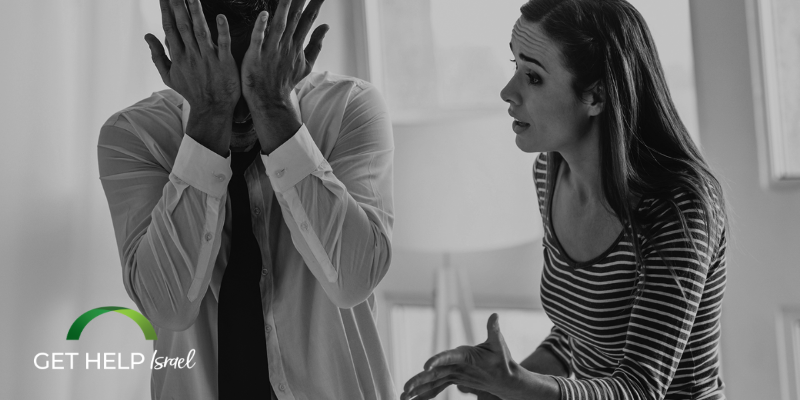
40 Years of Research: Why Solving Your Marital Disputes is Not the Solution
By: Daniel FundMany couples think that they just need to be able to find an agreement, a compromise, a solution to their disagreements. And that couples' therapy is about solving their disagreements. In fact, for many years this is how couples' therapists approached therapy as well. Unfortunately, this approach failed and statistically, their success rates were very low. But the field of couples therapy research has changed dramatically. In the last 40 years, Dr. John Gottman, Dr. Leslie Greenberg, and Dr. Sue Johnson, to name a few major names have made real breakthroughs, having studied many thousands of couples, watching them closely in action, on live cameras, video, behind one-way glasses and otherwise. One of Gottman's findings is that about 70% of our disagreements as couples, never get solved! And this is true not only for failing couples but for the very successful couples as well! So, if solving problems is not what leads to success, what does? The answer is that as a therapist, I can help them reach such an emotional bond that makes the issue of solving problems redundant, a non-issue. Once they have this bond, they will not necessarily need me to solve their problems. Find out more inside.
Read More.png)
Canary in the Coal Mine
By: Hadassah (Johanna) HazanThis article is essentially a tool of empowerment for people who may identify as highly sensitive or perceptive; who have grown up in dysfunctional or abusive systems, and who have found themselves treated as if they are the problem.
Read More
Exodus and Anxiety
By: Ariel PenkowerSlavery, while terrible, represented a secure existence. By that, I mean that life was consistent, unchanging, certain. A slave will never achieve great things or recognition on a greater societal level, but he/she will also rarely encounter doubt and anxiety.
Read More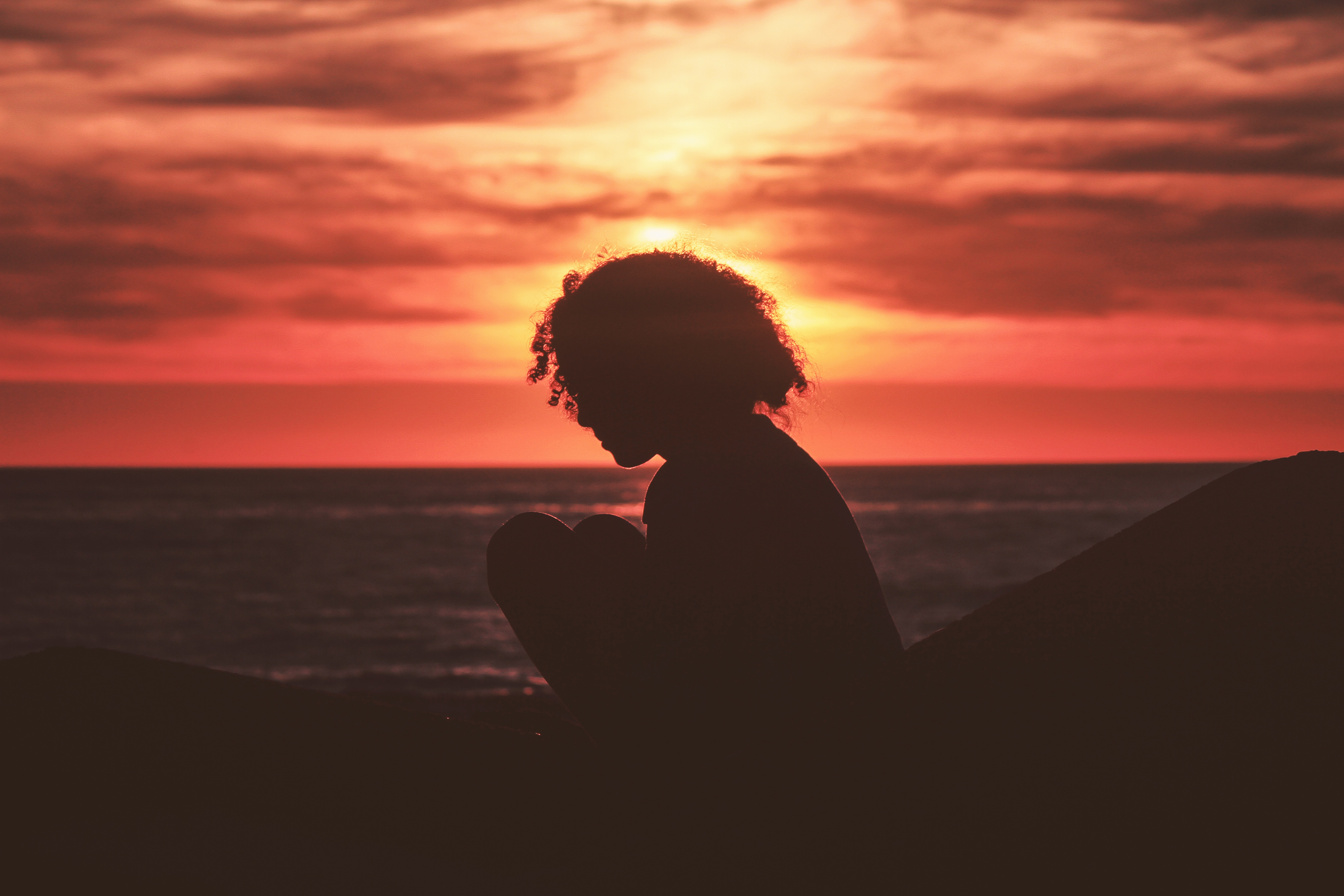
You and Your Body
By: Chava LedererYour body is not all of who you are, but it is a constant. You are in relationship with your body always.
Read More
Why Staying Together for the Kids Isn’t Doing Anyone Any Favours
By: Micki Lavin-PellMicki Lavin-Pell, is a marriage and family therapist of 15+ years, married to Gaby Pell for nearly 18 years +4 kids. She specializes in helping couples navigate challenges at different stages of their lives and deal with attachment issues that often plague relationships using Emotionally Focused Couples therapy. She co-hosts a podcast featured on www.Jewishcoffeehouse.com, called Real Relationships and can be found on her website www.mickilavinpell.co.il
Read More.png)


